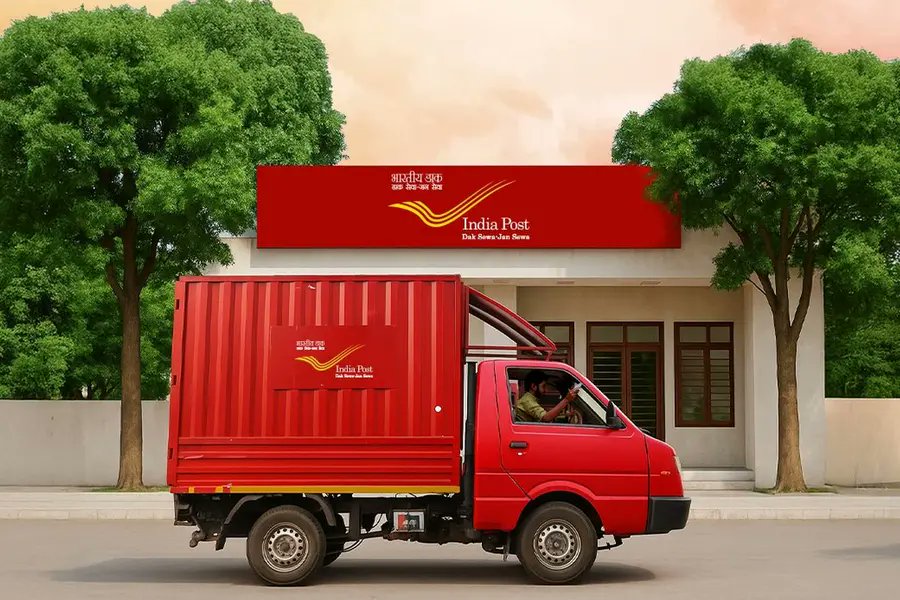Why India Suspended Most Postal Services to the US Amid Trump’s New Tariff Order and Oil Dispute
India’s Department of Posts has temporarily halted the booking of most postal consignments to the United States in response to a sweeping new executive order signed by U.S. President Donald Trump that eliminates duty-free thresholds for inbound shipments.
 |
| Representational Image Source: Indian Infra Report on X |
The Trump administration’s Executive Order No. 14324, issued on July 30, 2025, directs the U.S. Customs and Border Protection (CBP) to collect duties on all inbound parcels--including those carried by international postal networks and third-party delivery services--without exception, except for gifts under USD 100.
The order is part of a broader suite of trade actions that have upended global logistics, especially for developing countries with large outbound e-commerce and small parcel volumes to the United States.
In a statement issued on August 23, the Indian postal authority confirmed that from August 25, all outbound articles to the U.S., other than letters, documents, and gift items valued under USD 100, will be temporarily suspended.
The decision follows notifications from U.S.-bound air carriers that they are unable to comply with the new duty collection and remittance mechanisms due to a lack of clarity from the CBP.
Specifically, operational frameworks for the designation of “qualified parties” and duty transmission processes remain undefined, creating significant procedural ambiguity for logistics providers.
The Department of Posts emphasized that it is closely coordinating with domestic and international stakeholders, including the United States Postal Service (USPS) and the CBP, and is working toward restoring services at the earliest opportunity.
Customers affected by the service suspension have been offered full refunds for undeliverable consignments.
The latest disruption follows closely on the heels of another trade escalation: a 25% additional tariff imposed by the Trump administration on all Indian imports earlier this month, effectively doubling tariff exposure to 50%.
The tariff hike was announced via an executive order on August 6, citing India’s continued procurement of Russian crude oil as grounds for punitive economic action.
The White House linked India's imports to what it called an “extraordinary threat to U.S. national security,” suggesting that New Delhi’s purchases of discounted Russian oil indirectly support the Kremlin’s military activities in Ukraine.
India’s Ministry of External Affairs (MEA) condemned the U.S. measures as “unjustified and unreasonable,” defending its energy strategy as based on legitimate national security concerns and market-based procurement practices.
The ministry pointed out that similar trade and energy engagements with Russia by Western nations had not attracted comparable penalties, arguing that India was being selectively targeted.
With National Security Advisor Ajit Doval currently in Moscow for a pre-scheduled strategic dialogue, analysts suggest that India may now explore alternative trade routes, logistical partners, and diplomatic alignments.
The MEA has not publicly tied the trip to the latest U.S. measures, but officials have confirmed that retaliatory trade responses, including WTO recourse, remain on the table.
The suspension of postal services to the United States comes as the clearest logistical fallout yet of Washington’s new economic posture.
While the Department of Posts has assured Indian exporters and consumers that it is working to restore operations, the sudden disruption underlines the fragility of global supply chains amid rising geopolitical tensions.
Whether this standoff escalates further or shifts to a phase of negotiated compromise will depend on how both capitals navigate a complex matrix of economic, political, and security interests in the coming weeks.
